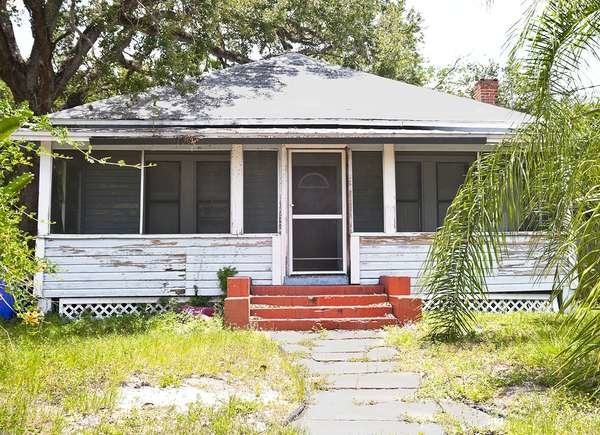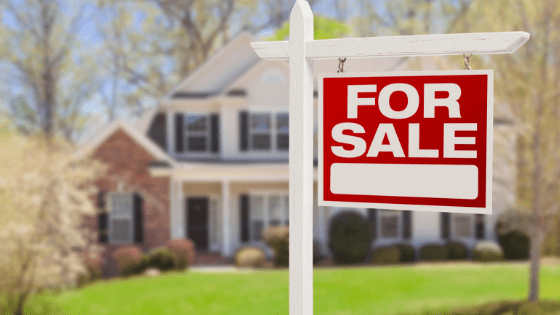Red flags in buying a home will save you from a financial heartbreak!
Buying a house is more than just having a home that you can call your own. Investing in a home is a big financial decision that one makes in life. At times, the process can be daunting for beginner investors, most especially when purchasing a house for the first time. There are many things to consider before buying a home, and one should know some ‘red flags’ which can indicate that the house may not be the best choice for you.
A red flag, just like in relationships, is a warning sign that something may be wrong with someone which can in the long run, cause emotional damage or a hurtful heartbreak. Red flags can also be spotted when buying a real estate property or a residential home. With the property or the buying process, it is also necessary for you to be aware and know how to spot them.
Bad Physical Conditions of the House

One of the most obvious red flags when buying a house is the physical condition of the home. Before making an offer or signing a contract, buyers may have the potential home inspected by a licensed professional to identify any potential problems. Yet even without hiring a professional, you can check these red flags in a home yourself. Major issues such as a leaky roof or foundation problems can be extremely costly to repair, and may even make the home unlivable in worst case scenarios. Watch out for doors that cannot be closed, active pest infestations, saggy ceilings, water leaks, inadequate window ventilations, and roof shingle problems. It is also important to be aware of other inevitable issues such as water stains or mold, which may be indicative of larger issues.
Bad Neighbors

Another red flag when buying a house is a bad neighborhood. You should be discreet when it comes to this and have some thorough checking of the surroundings and the neighborhood. Before purchasing a home, buyers should research the area to determine if the neighborhood is safe and livable. Factors such as crime rates, school districts, and property values can all impact the value of a home. Potential buyers should look for signs of neglect or disrepair in neighboring properties, as poorly maintained homes can decrease the value of surrounding properties as well.
Suspicious Selling Process

The selling process itself can also be a source of red flags when buying a house. Buyers should be wary of any sellers who seem overly eager to close the deal, or who are unwilling to provide detailed information about the property or the selling process. Buyers should be aware of any hidden fees or costs associated with the sale of the property, such as broker fees or closing costs. These expenses can add up quickly and result in a much higher final price than you expected.
Illegal Issues
Buyers and investors should be aware of any legal issues associated with the potential house or house and lot property that they desire to buy. This includes issues such as liens or encumbrances on the title, which can lead to legal disputes and costly legal fees. When detecting red flags in buying a home, watch out for any zoning or building restrictions that may impact any capabilities to make alterations or renovations to the property.
Detect these red flags when buying a home to save your time, money, and effort. Watch out for them and consult a professional real estate advisor to further help you out, and to help you find the most suitable home for you.

